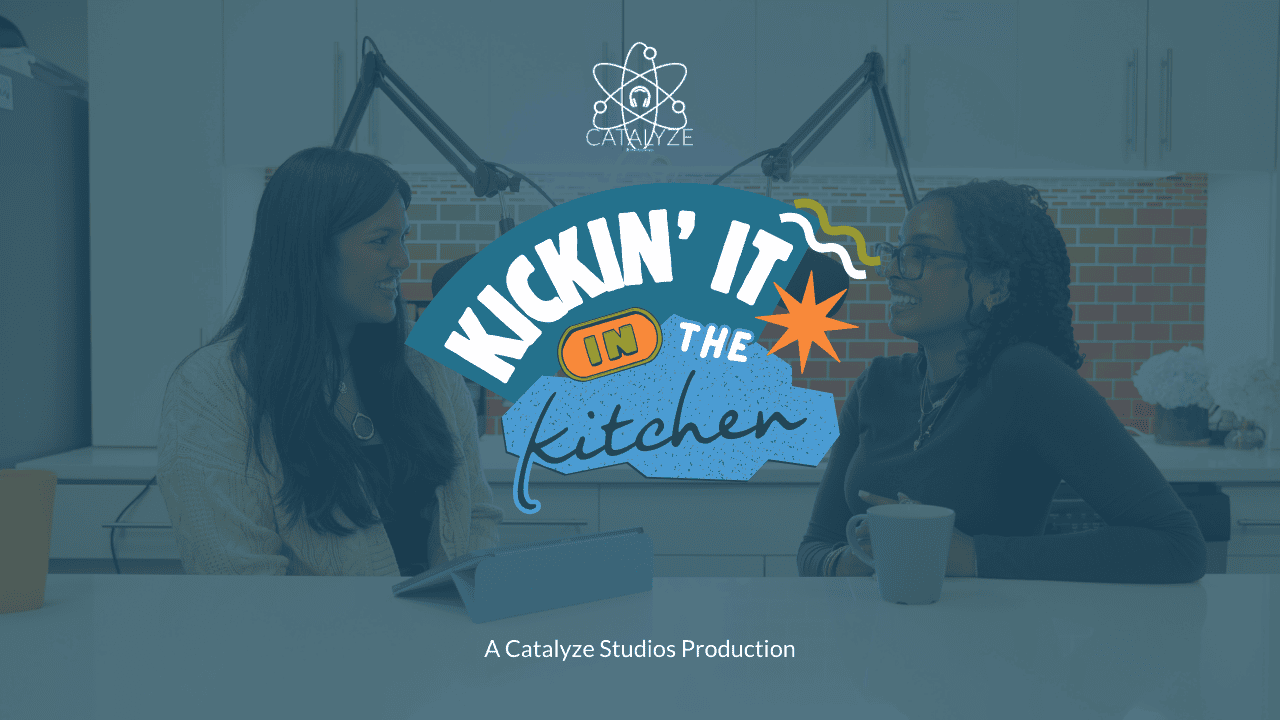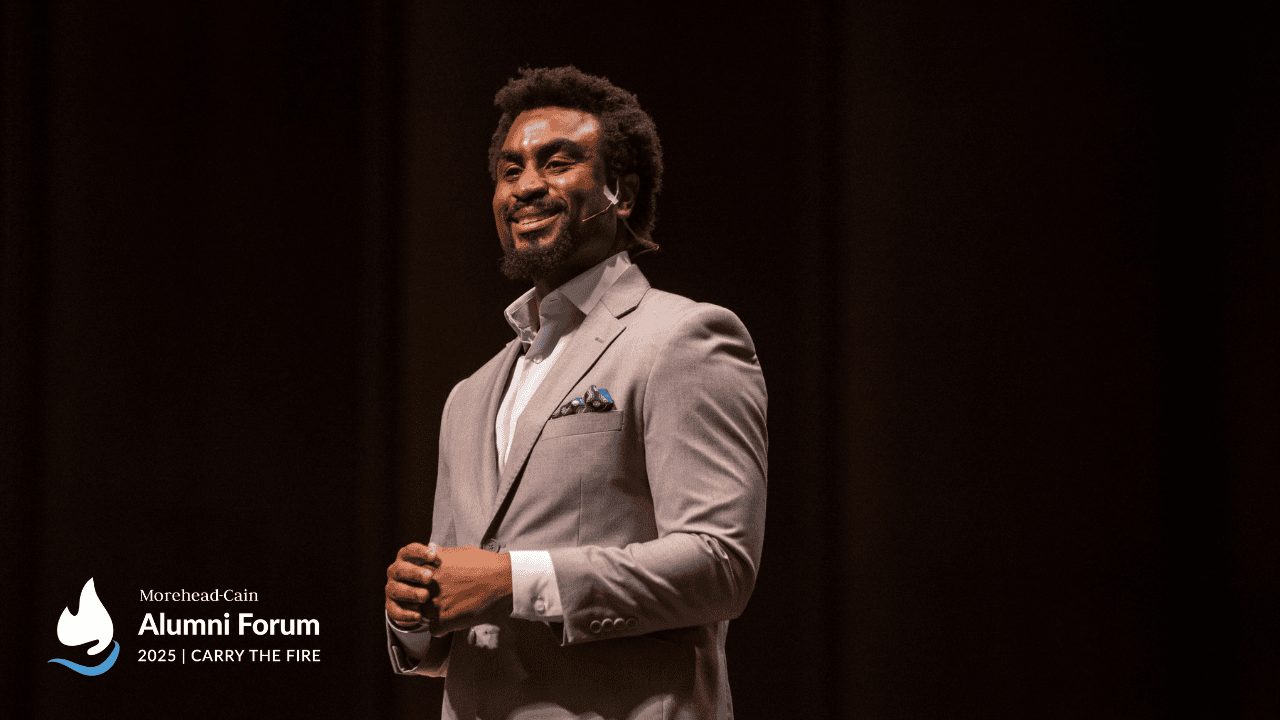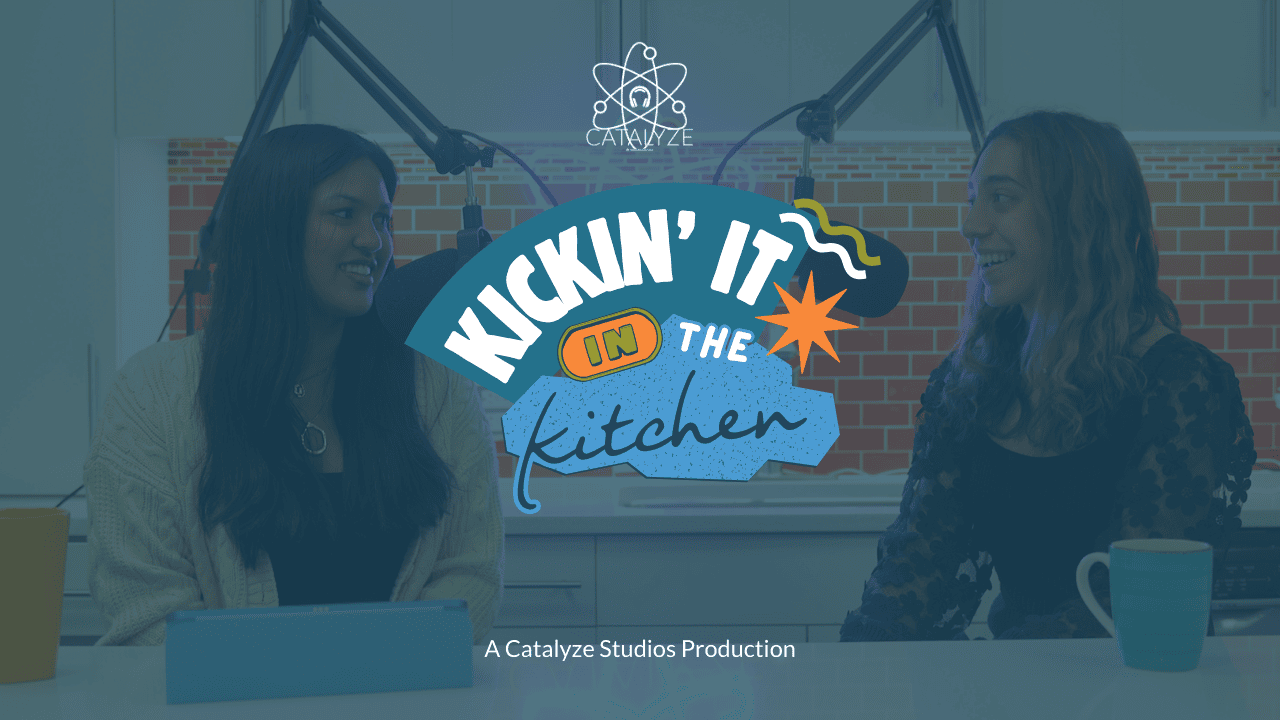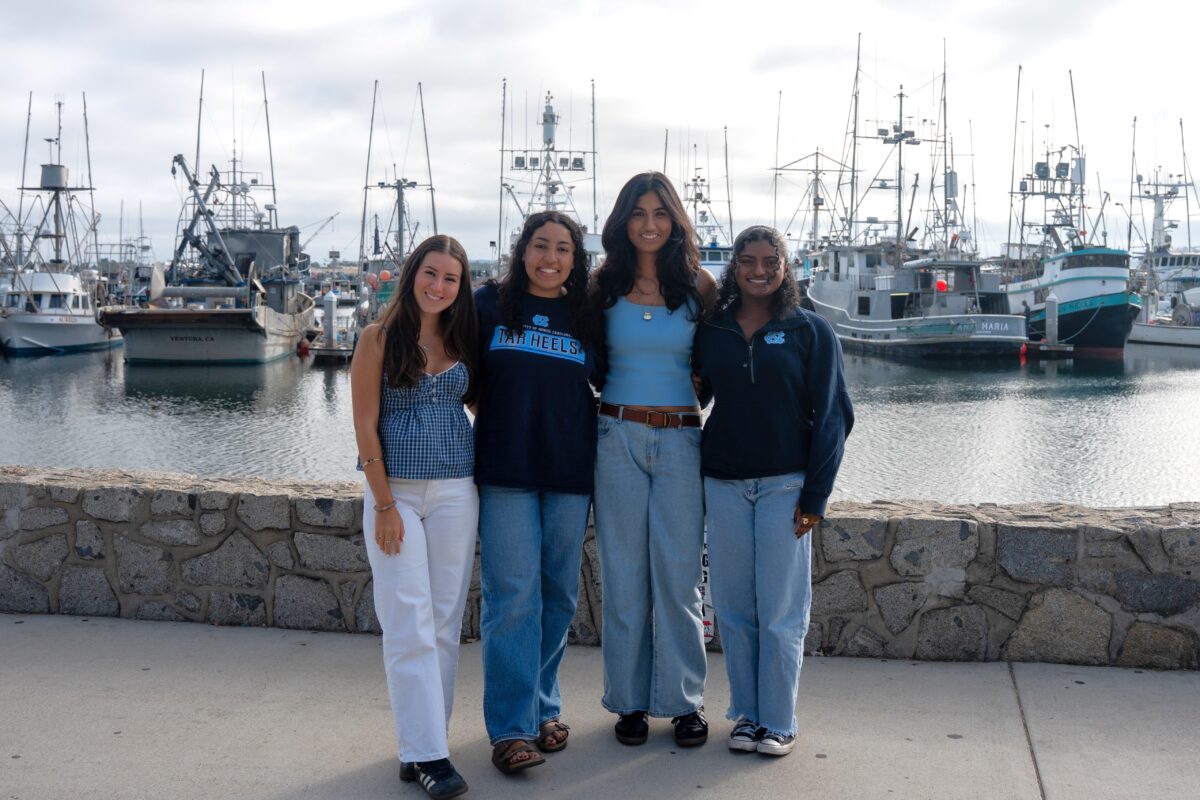
Morehead-Cain Scholars partner with the San Diego Housing Commission to improve resident engagement and accessibility through artificial intelligence.
This summer, Morehead-Cain Scholars Julia Ballou ’27, Harini Alluri ’28, Sarah Archer ’28, and Raima Dutt ’28 teamed up with the San Diego Housing Commission (SDHC) to explore how artificial intelligence could help the agency better connect residents with services.
Their recommendations included a resident-facing chatbot to simplify access to SDHC resources, a proposed partnership with the public housing-focused platform Bob.ai, and accessibility-driven website updates.
As an agency committed to improving social and economic stability for San Diego’s most vulnerable residents, the SDHC provides affordable housing opportunities, supports financial self-reliance, and leads initiatives to address homelessness. But as resident needs evolve, the agency faces a pressing question in its third year as a Civic Collaboration host: How can it use AI to meet people where they are and ensure information reaches them in ways they trust?
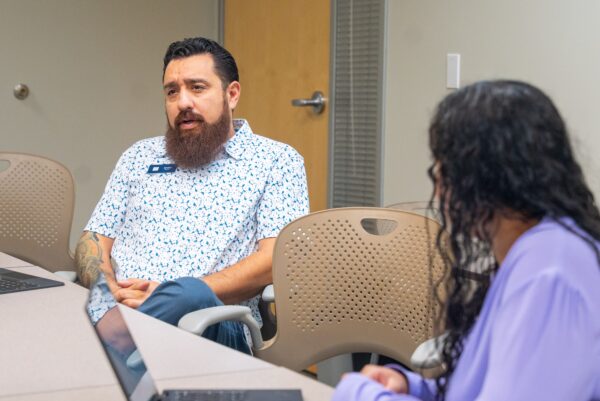
Rios met with the scholars to provide resources and feedback to help shape their project strategy.
That guiding dilemma shaped the scholars’ eight-week engagement under SDHC Director of Integrated Strategies Jon Rios. He aimed to explore how AI could help the SDHC strengthen its connection with residents and improve quality of life and pathways to self-sufficiency—work that’s often deprioritized due to the agency’s urgent demands related to housing insecurity.
“This year, we really looked at public engagement as a whole,” he said. “We can send an email, we can send a letter, we can do a Facebook post, but we’re only reaching a certain percentage of our population. So, what are we missing that we don’t know we’re missing, and how can we leverage AI to help meet folks where they’re at and get them the information in the way that they want to get it, or are comfortable getting it?”
To ground their recommendations in lived experience, the scholars conducted more than 35 stakeholder interviews, many door-to-door, to understand the communication and access barriers residents face.
One key deliverable was a plain-language chatbot designed to streamline the SDHC’s website navigation, especially for seniors and individuals with limited tech literacy. Built using a dynamic logic map and direct links to forms, contacts, and FAQs, the chatbot aims to reduce confusion and connect users with the resources they need.
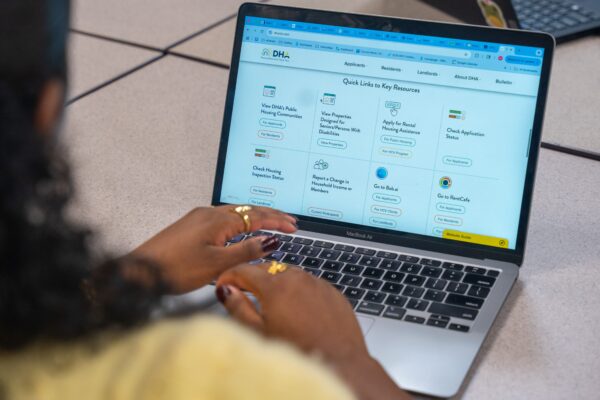
The scholars audited the San Diego Housing Commission’s website to help improve accessibility.
The team also researched Bob.ai, an AI platform created for public housing authorities to manage tasks like recertifications and inspections. They interviewed agencies across the country already using the tool to evaluate its real-world effectiveness and mapped out a potential partnership between Bob.ai and the SDHC.
Dutt explained that in speaking with housing authorities, the team made sure to incorporate feedback along the way, refining their understanding of the problem and adjusting their recommendations accordingly.
“It might look great on paper, but if it’s not working within these commissions, it’s maybe not something you want to implement,” the rising sophomore said.
Their third focus was on improving digital accessibility across the SDHC website, with suggestions of language and design updates geared toward elderly users, individuals with disabilities, and residents with limited digital literacy.
According to Rios, the strength of the partnership lies not only in the scholars’ capacity to listen and learn quickly, but also in the usable, well-researched tools they leave behind.
“We can implement the programs and findings they produced, and we know it’s based on best practices,” he said.
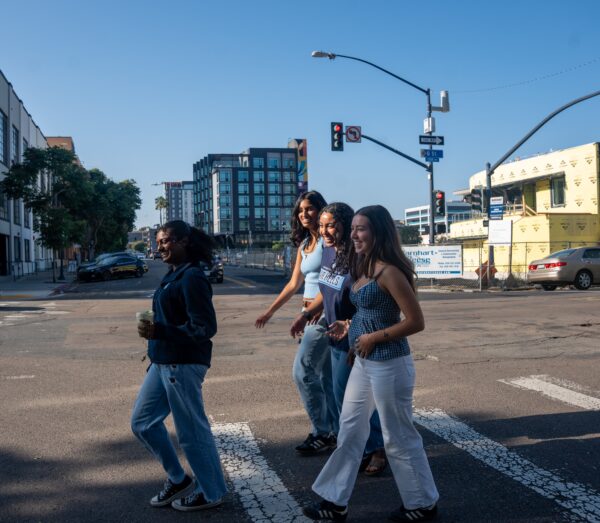
The Civic Collaboration summer enables students to fully immerse themselves into a new city with a group of peers.
The project served as an opportunity to hone professional skills, cohabitate in a new environment, and challenge preconceptions. For Archer, AI had been a nebulous and intimidating topic before diving into her Civic Collaboration summer.
“I was initially hesitant about AI, but something we realized is that even though it has downsides, it has a lot of benefits as well,” the scholar said. “If it makes the housing process easier for someone, that automatically counts as a huge benefit.”
The 2025 project built on past Civic Collaboration work with the SDHC, including digital equity initiatives and the launch of a community garden program. Together, these three summers reflect the growing impact of sustained partnerships and the difference that eight weeks of curiosity, empathy, and collaboration can make.
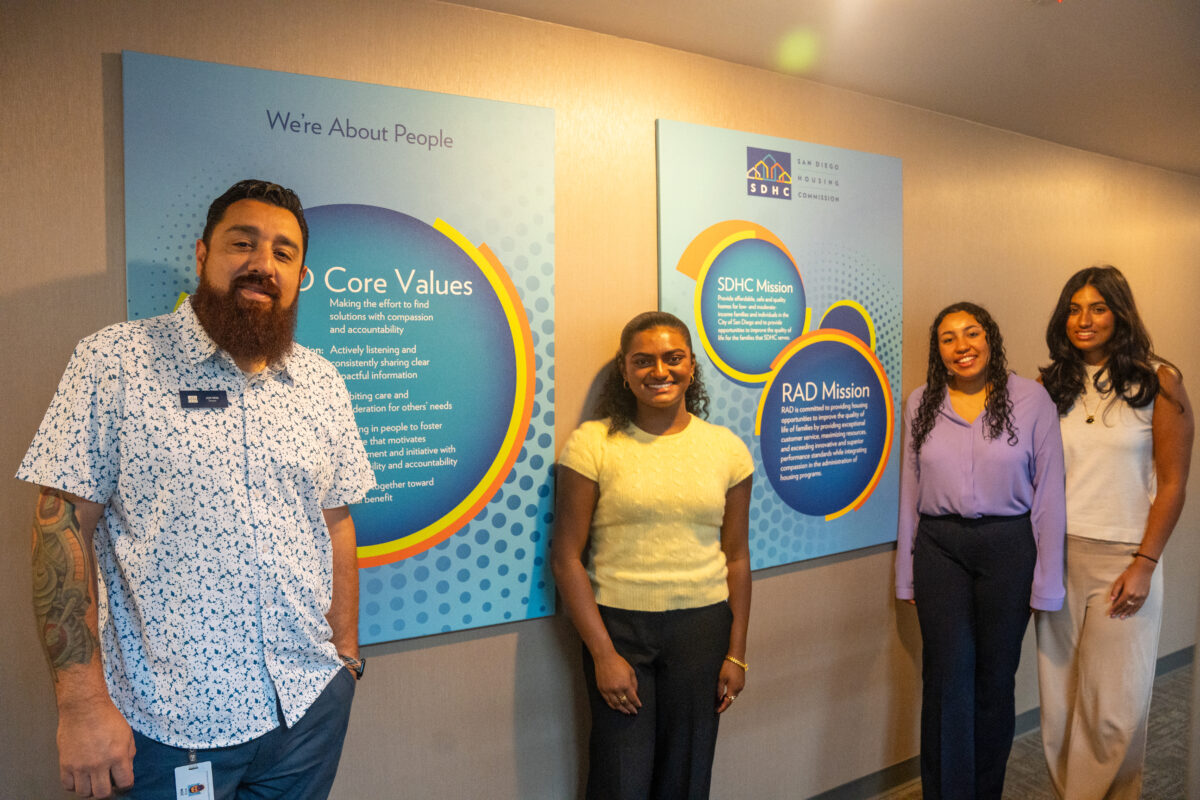
From left to right: Rios, Alluri, Archer, and Dutt.
